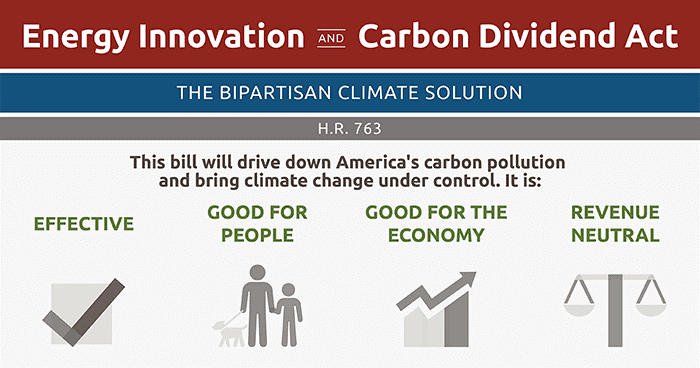A recently published study Moving Toward Next Generation Carbon Markets: Observations from Article 6 Pilots takes a closer look at the emerging Article 6 Pilot landscape.
The Future of U.S. Carbon-Pricing Policy
Dr. Robert Stavins provides a brief summary of his new paper “The Future of U.S. Carbon-Pricing Policy”. The full paper can be downloaded here. In his paper and in this blog, Dr. Stavins explores two questions: (1) how do the two major approaches to carbon pricing (carbon taxes and cap and trade) compare on relevant dimensions, including but not limited to efficiency, cost-effectiveness, and distributional equity? (2) Which approach is more likely to be adopted in the future in the United States?
Getting Real on Meeting Paris Climate Change Commitments
Carbon pricing should drive African development, not hinder it
This week, representatives from government, business and civil society are gathering at the Carbon Pricing Leadership Coalition’s High-Level Assembly to discuss how carbon pricing can be used to shift investments towards low-carbon and climate-resilient projects, and how carbon pricing can address broader social concerns.
Columbia University's Center on Global Energy Policy Joins the CPLC
As carbon pricing gains increasing attention around the world, it’s essential that policies are informed by independent and sound analysis. The Carbon Tax Research Initiative at Columbia University's Center on Global Energy Policy is pleased to join the Carbon Pricing Leadership Coalition to offer its analytical expertise and learn from CPLC members about the opportunities and challenges of carbon pricing. CGEP’s initiative helps policymakers, businesses, and other leaders understand carbon pricing and the impacts on the economy, emissions and energy markets.
Can Article 6 Benefit African Countries?
In the latest IETA insights Article, Mandy Rambharos takes a look at the impact Article 6 could have on African nations and their development goals—driven by a need to ensure access to energy.
Gearing Up for Change: Challenges faced by Indian Private Sector as they take on Carbon Pricing
Over the past few years, there has been a groundswell of support for carbon pricing - not only by governments, but increasingly by the private sector. As of 2017, almost 1400 companies worldwide are embedding an internal carbon price into their business strategies, up from 140 in 2014.
Building on this theme, Carbon Pricing Leadership Coalition (CPLC) and its partners, World Resources Institute (WRI), CDP, and International Finance Corporation (IFC) joined forces with The Energy and Resources Institute (TERI) to convene a private sector roundtable in the margins of the first International Research Conference on Carbon Pricing on February 14-15, 2019 in New Delhi, India.
Learn more about the key takeaways from the discussion.
Bipartisan carbon fee and dividend bill now before U.S. Congress
The Energy Innovation and Carbon Dividend Act puts a price on carbon-emitting fuels, at the source, and delivers all revenues to households as monthly dividends. With a steadily rising fee and steadily rising dividends, the plan sends a clear, predictable price signal to producers and is projected to reduce greenhouse gas emissions 90 percent by 2050.
Four provinces outperformed the rest, all while pricing carbon pollution
Opponents of carbon pollution pricing have had a busy year, incessantly warning of the severe economic damage such policies will purportedly cause.
Thankfully, proponents of clean growth have had a busy year too. Alberta wrapped up its consultation process on output-based allocations for large industrial emitters, Manitoba and Nova Scotia announced new carbon pricing systems, and the federal government took steps to implement a pan-Canadian backstop for carbon pricing.
Read the full op-ed from CPLC Partner Pembina Institute’s Maximilian Kniewasser and Julia-Maria Becker.




















